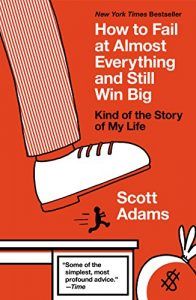
How to Fail at Almost Everything by Dilbert Comics Creator Scott Adams
The book is a humorous compilation of pragmatic lessons which Scott Adams learned while navigating his professional career.

The book is a humorous compilation of pragmatic lessons which Scott Adams learned while navigating his professional career.
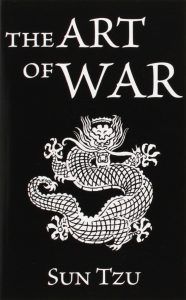
The Art of War is considered one of the classic books on military strategy. Due to the recent resurgence of China as an economic superpower, the book has garnered interest from non-Chinese who are curious to know more about its strategy.

The book is written by Bill Walsh - San Francisco’s 49ers Football team coach who transformed the worst-performing team of its era into the best-performing team. The book talks about the changes he brought in as well as his philosophy of leadership which is generic enough to apply outside of American Football. He is also known as the creator of the West Coast Offense.
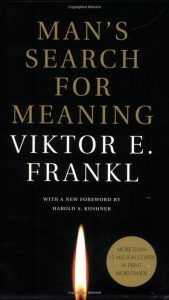
The book is the narration of the author’s life as a prisoner in the Nazi concentration camp.

The book Winners take all is a collection of interesting insights into how companies in the high tech sector succeed and fail. The book was written in 2006 (pre-iPhone era) so it’s interesting to see how some companies mentioned by the author (notably, Apple and Google) succeeded and how some others (notably, Symantec and Nokia) are struggling.
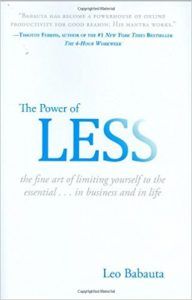
The book contains pragmatic advice for dealing with the clutter and noise of the everyday world, which disguises itself in the form of work. The book has two parts. First one focuses on the principles and the second one provides concrete practical advice based on the same.
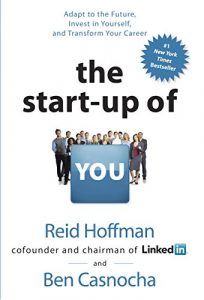
The book tries to reflect on an individual’s professional growth in the contemporary era of fickle employment guarantees. The best part about the book is that it tries to offer pragmatic, as opposed to principled advice, regarding career development and branding.
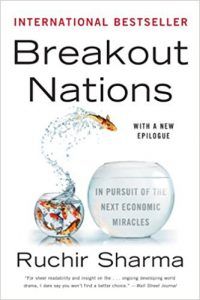
The book provides a nice summary of economic events of the recent past (~50 years) and builds upon the case for the coming 10 years.
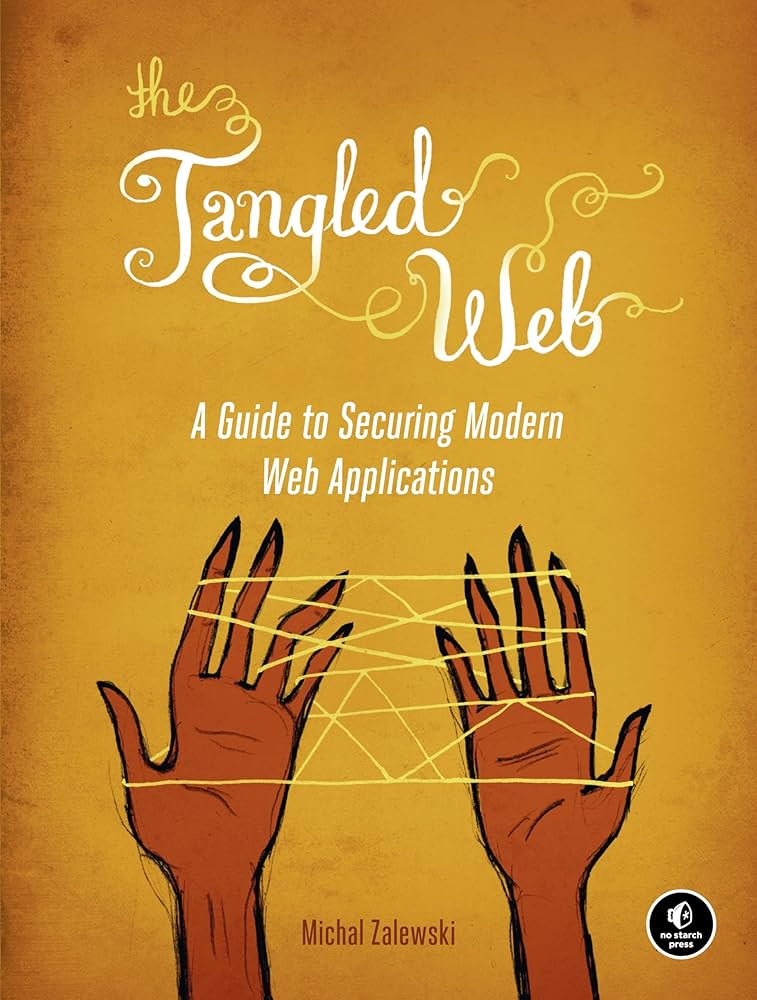
Just completed reading " The Tangled web: A guide to securing modern applications" by Michael Zalewski. The book is surprisingly small given the amount of information it covers about the interaction of web browsers, websites, and client-side web technologies. The book starts with a discussion of what a valid URL could look like ( https://yahoo.com:80@google.com/microsoft.com - think which site is being connected to here) and then discusses several fundamental building blocks of the modern web (like cookies) as well as standard technologies (like Flash) in depth. The issue of the same-origin policy and how it differs from DOM to the cookie to pseudo URLs are explained with amazing clarity. One of the best things about this book is that it makes regular references to RFCs for authoritative answers and the corresponding deviant [and undefined] behavior implemented by the browsers. The book also covers HTML5 security features in detail. While reading the book, occasionally I felt information overload but I think the “Tangled web” and not the book “Tangled web” is responsible for that. ...
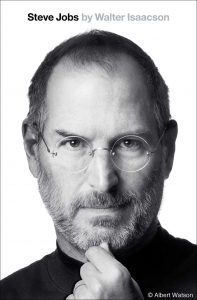
The book is 50% story of Jobs and 50% history of the Valley. From the beginning of Apple to it becoming the world’s most valuable company, the book covers everything in depth (and is a bit too long) Some of the key things in the book are Steve Job’s fruitarian diet, journey to India, love for absolute minimalism, extreme (positive as well as negative) treatment of employees, relation with Bill Gates (and Microsoft), battle with Google, battle with cancer and a strong belief that normal rules simply don’t apply to him. The book covers a few major ideas including iTunes store (which brought music online), making of Toy Story, development of iPhone and iPad in detail. At several points, the author clearly illustrates that Apple’s designers and NOT engineers make the rules, for example, during the iPhone 4 antenna fiasco. Overall, it was a nice read, especially, when reading it along with In the Plex which is about Google. ...